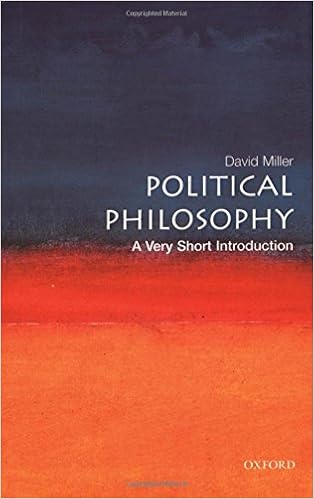The book is a general introduction into the discipline of political philosophy. Perhaps more accurately, this description accurately applies to the two first chapters of the book ("Why do we need political philosophy" and "Political authority"), whereas the rest of the book mostly focuses - admittedly reasonably - on the political system of democracy, with occasional comparative remarks about alternatives.
Was it good?
The book is rhetorically nicely arranged. The book opens with a description of The Allegory of Good and Bad Government, a fresco paining from the 14th century by Ambrogio Lorenzetti, and this work of art is referred to multiple times throughout the book. This works beautifully in tying he contents together.
However, I was slightly disappointed in the space allocated for other political systems or trains of thought than democracy. I perfectly understand this choice by the author - after all, we live in such a system, and a good case can be made in arguing that democracy has been the most successful mode of government with many measures. Yet, I would have expected a book on political philosophy to discuss more about the underlying issues, choices, principles etc., and then discuss as to what kind of a political system would result if one (or we) made this of that choice, and how each choice could be justified and argued against.
The main take-away for me?
This may be a superficial take-away (perhaps a regrettable state of affair with respect to a book on a branch of philosophy), but it surely seems, base on this volume, that in current political philosophy there seems to be little challenge for democracy as being the preferable form of a political order - the issues in the scholarly community seem to revolve around how to fine-tune the system.
Who should read the book?
The book certainly is appropriate for a very general audience. Especially the chapter 6 on feminism (broadly understood) and multiculturalism, as well as the preceding chapter 7 on global justice and the status of the nation state resonate very well in the current day and age.
The book on Amazon.com: Political Philosophy

No comments:
Post a Comment